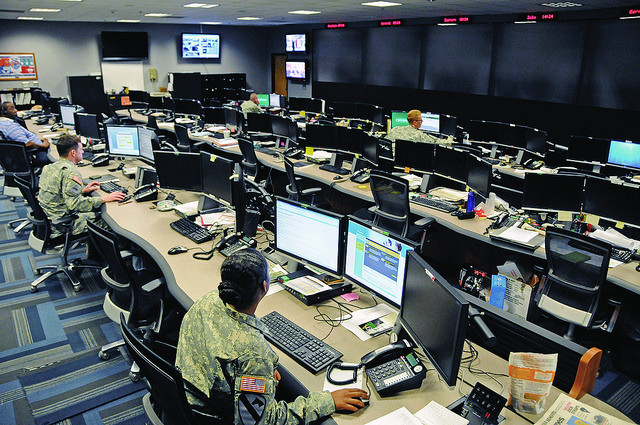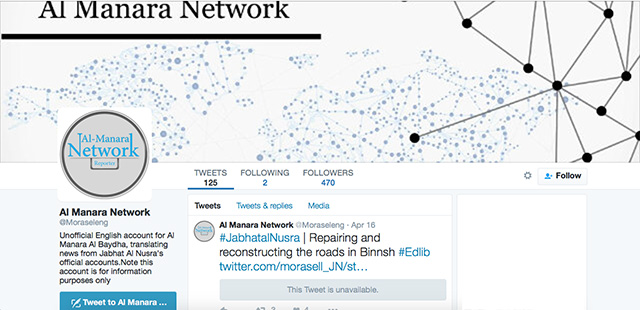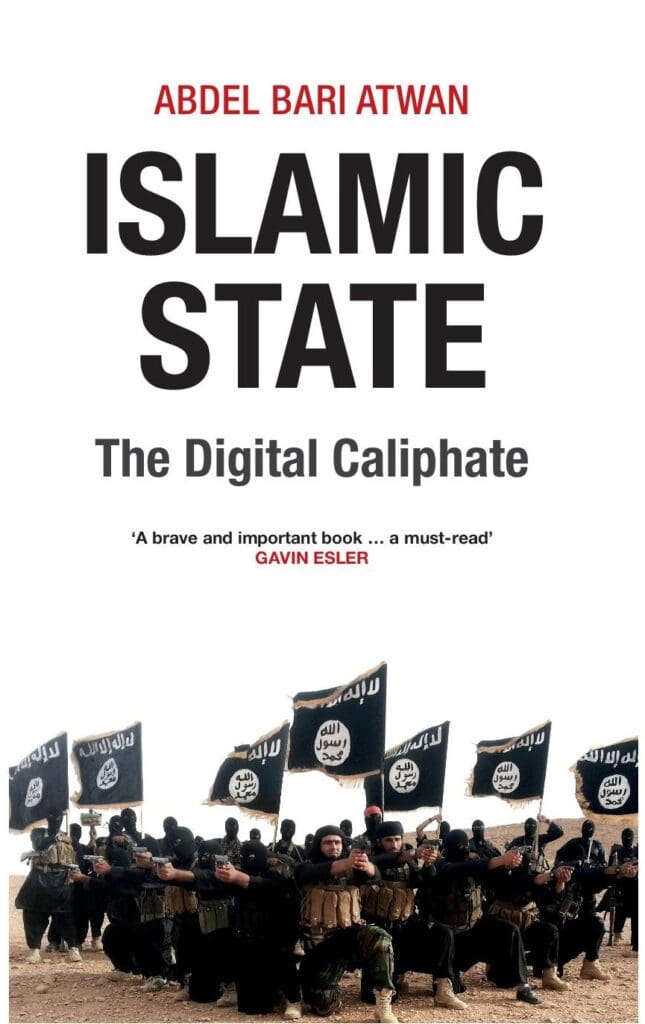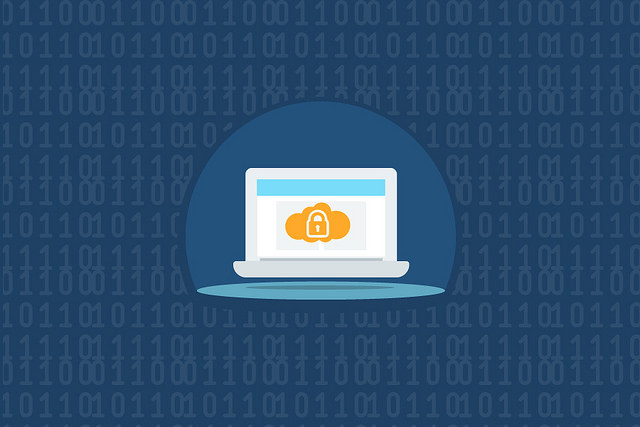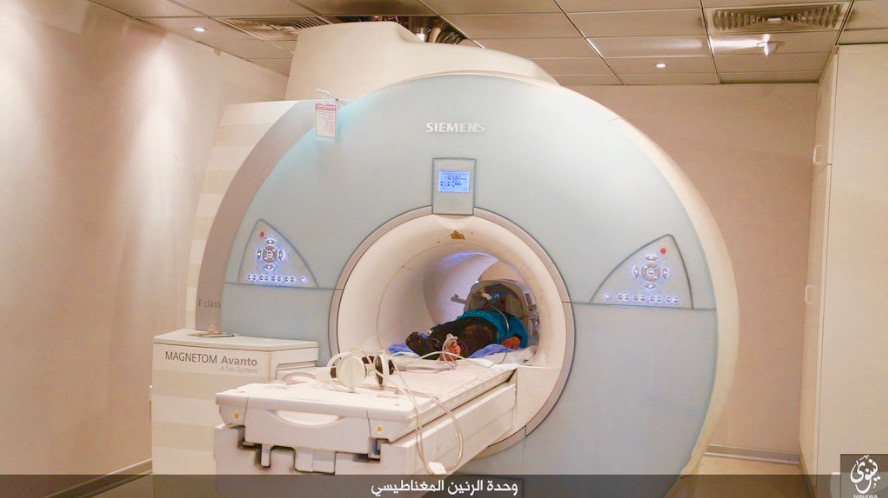Blog
Blog
Information Warfare: Weaponizing Facebook And Twitter
June 1, 2016U.S. SOCOM (Special Operations Command) has increasingly depended on commercial technology to gain an edge in battle. This has paid off as Islamic terrorists have moved some of the combat to the Internet, which they use for recruiting, fund raising, training and carrying out attacks or for defense. SOCOM is now turning to commercial Internet ...
Blog
My Islamic State Social Network
May 25, 2016My first conversation with Islamic State was about my reporting. I had just shared an article I’d written about the terrorist group recruiting Western fighters on my Twitter when I saw that someone using the Twitter handle Abu Omar had also posted a link to the piece on his own account. His profile photo unabashedly ...
Blog
America is ‘Dropping Cyberbombs’ – but How Do They Work?
May 18, 2016By Richard Forno & Anupam Joshi Recently, United States Deputy Defense Secretary Robert Work publicly confirmed that the Pentagon’s Cyber Command was “dropping cyberbombs,” taking its ongoing battle against the Islamic State group into the online world. Other American officials, including President Barack Obama, have discussed offensive cyber activities, too. The American public has only glimpsed ...
Blog
Countering Lone Wolf Terrorism: Weak Signals and Online Activities
May 11, 2016By Lisa Kaati and Fredrik Johansson Lone wolf terrorists can come in a variety of shapes and backgrounds and they are in general very hard to detect before they attack. As argued by previous research, there are no clear profiles for lone wolf terrorists since they have a large variation in factors such as social status, ...
Blog
How Jabhat Al Nusra Uses Twitter to Spread Propaganda
May 4, 2016Twitter has become a key social media platform used by non-state actors in Syria to send propaganda to the rest of the world. For the most part Twitter has done a good job of clamping down on ISIS presence on the website. Twitter routinely bans ISIS supporter’s accounts and is quite fast at deleting ISIS propaganda ...
Blog
Gonna Get Myself Connected: Social Media as a Facilitation Mechanism
April 27, 2016By Timothy Holman “I think it’s — there are several networks. There are several facilitators. There are plenty of ways to get information back and forth: go through mosques, go through the Internet, go through phones, and you go through former regime elements that are located in Syria and other countries. There is a vast ...
Blog
Book Review: Islamic State – The Digital Caliphate by Abdel Bari Atwan
April 20, 2016By Daniel Falkiner Islamic State: The Digital Caliphate provides detailed answers to a number of pressing questions: What exactly is ISIS? Where did it come from? Who is behind it? How does it function? What are the reasons for its success? Daniel Falkiner welcomes the rich description and analysis and finds Abdel Bari Atwan does an admirable job of explaining the ways Islamic ...
Blog
How ISIS’s Language Changed Over Time: More Concern with Females and More “Net-speak”
April 13, 2016By Matteo Vergani We (myself and Ana-Maria Bliuc) just published a brief research-paper in the Italian magazine “Security, Terrorism and Society“. We used the computerized text analysis program LIWC (Linguistic Inquiry and Word Count) to investigate the evolution of the language across the first 11 Issues of Dabiq. Our paper shows ISIS’ increasing concern with ...
Blog
Could Encryption ‘Backdoors’ Safeguard Privacy and Fight Terror Online?
April 6, 2016By Prof. Keith Martin Since so much of life has moved online, a clash has emerged between the opposing values of internet freedom, and internet control. Should the internet be a public arena free of all interference and influence from the authorities? Or does too much freedom result in anarchy, turning the internet into a ...
Blog
On Social Media, ISIS Uses Modern Cultural Images to Spread Anti-Modern Values
March 30, 2016By Javier Lesaca The so-called Islamic State (ISIS) has emerged in less than two years as one of the major security challenges for the global community. At the same time, this terrorist group has become one of the most important phenomena in digital public communication since the beginning of the century. In fact, the analysis of ...


